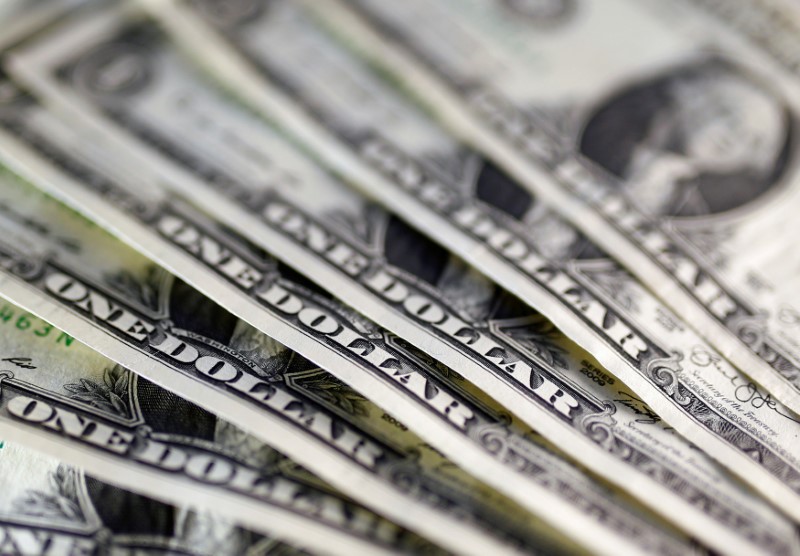By Ambar Warrick
Investing.com-- Most Asian currencies moved little on Wednesday as hawkish comments from Federal Reserve officials helped stem recent losses in the dollar, while the Japanese yen hovered around 32-year lows as traders looked past threats of government intervention.
The yen fell as far as 149.29, its weakest level against the dollar since 1990, as a widening gap between local and U.S. interest rates weighed.
Short sellers of the currency largely ignored warnings from Japanese authorities that they would intervene a second time in currency markets to support the currency. Japanese intervention in September had only briefly stalled the yen’s losses, which was then trading around 145 to the dollar.
Other Asian currencies moved little. The Chinese yuan slipped 0.2%, while the Indian rupee hovered near record lows, at 82.3 to the dollar.
The South Korean won bucked the trend, rising 0.4% as traders bet the government would intervene in currency markets to fish the currency from 14-year lows.
The dollar index was largely flat on Wednesday, but appeared to have curbed recent losses after hawkish comments from two Federal Reserve officials. Minneapolis Fed President Neel Kashkari said the central bank could push its benchmark rate to higher than 4.75% by mid-2023 if inflation remains stubbornly high. His comments came just a few days after data showed U.S. inflation saw little signs of slowing in September, sticking to near 40-year highs.
Atlanta Fed President Raphael Bostic also stated that the central bank’s key focus should lie in controlling runaway inflation.
Their comments helped curb a two-day losing streak in the dollar index. The index traded sideways around 112 on Wednesday, as did dollar index futures. U.S. Treasury yields also edged higher, sticking close to 14-year highs.
Rising U.S. interest rates were the biggest weight on Asian currencies this year, as the gap between risky and low-risk debt narrowed. The trend is expected to persist in the coming months, given that the Federal Reserve has made no indication that it plans to ease up on interest rate hikes.
Markets are pricing in a nearly 100% chance the central bank will raise rates by 75 basis points in November, its fourth such hike this year.
